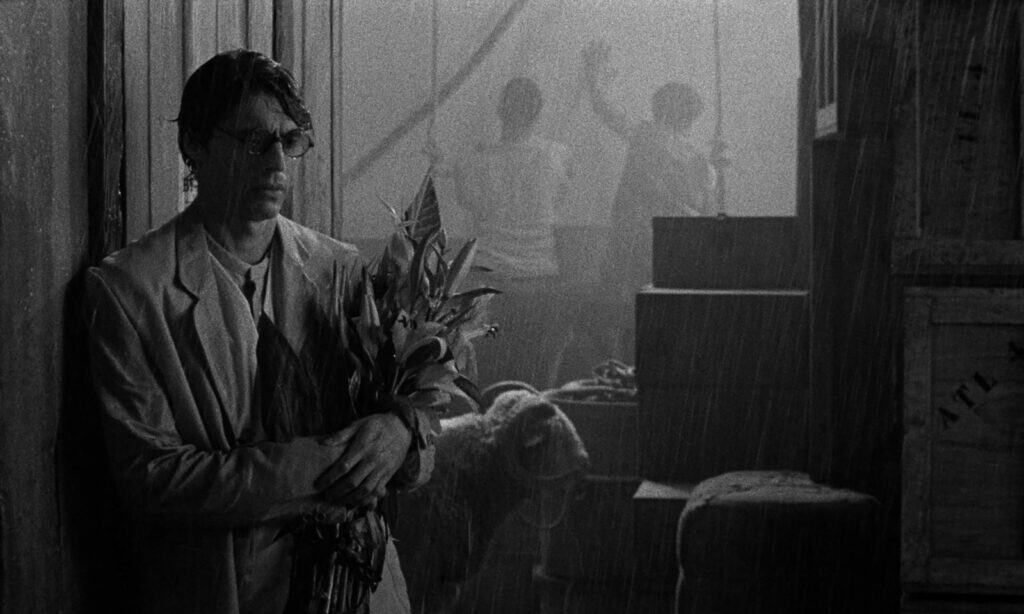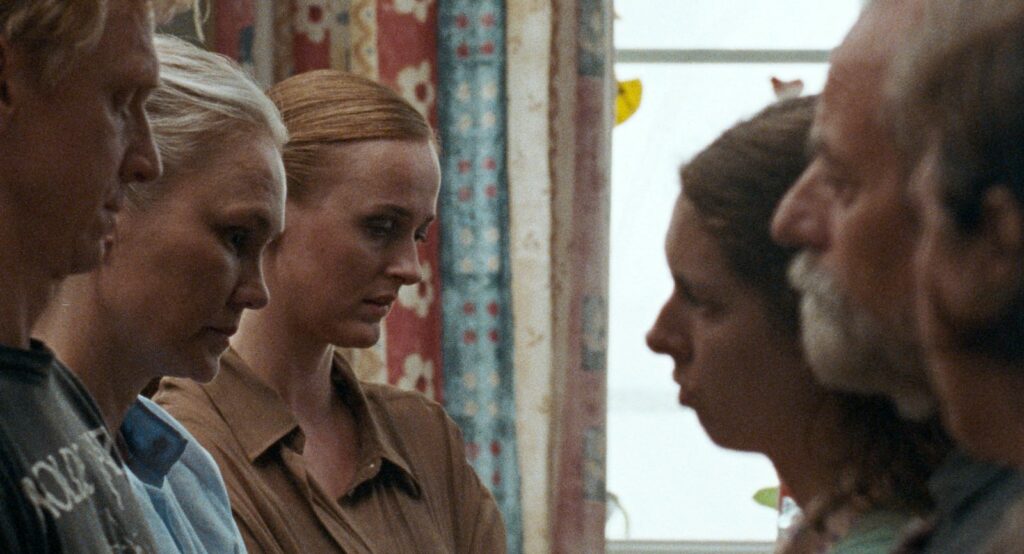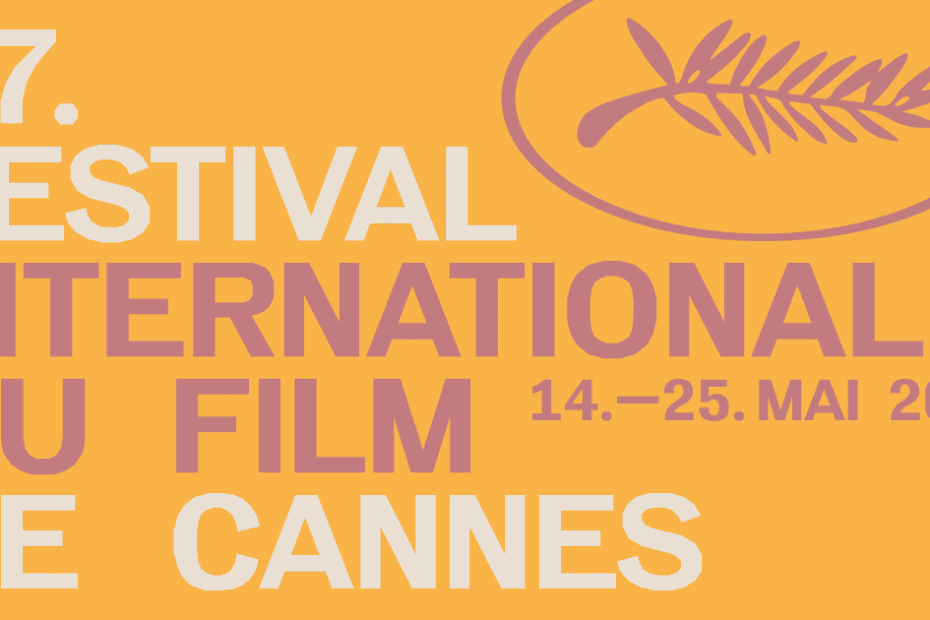Yesterday, this year’s Cannes Film Festival finally ended, and the jury, headed by Greta Gerwig, was ready to hand out the 2024 Cannes Awards. The Palme d’Or was given to Sean Baker’s film Anora. Baker’s last three films have been at Cannes, but only the previous two have been in the competition. I’ve yet to see the film, which is said to be a tragicomedy about a sex worker. It was the first win for an American film at Cannes since Terrence Malick’s masterful The Tree of Life in 2011.

The Grand Prix went to the Indian film All We Imagine as Light by Payal Kapadia, which marks the first Indian award at Cannes in 30 years. The film follows three women’s romantic tribulations in Mumbai and is a film with certain qualities, which received several rapturous reviews after the screening on the penultimate competition evening. More puzzling was the decision to bestow Jaques Audiard’s Emilia Pérez with two awards, the Jury Prize, as well as the Best Performance by an Actress, which was shared by four of the film’s thespians. I found this attempt at a musical about a lawyer dealing with a cartel leader who wants to change his gender utterly embarrassing, not least in its staging.
The Best Director award went to Miguel Gomes for Grand Tour. Not everyone agreed that this film was grand, but it was easily one of the best films in the competition, if not without flaws, which is a given with this particular Portuguese director. Many people thought Mohammad Rasolouf’s The Seed of the Sacred Fig was a lock for the Palme d’Or. Primarily because of its political message and the director’s own personal story, but it also came with a strong buzz from buyers and others who had seen the film beforehand. This didn’t happen; instead, a Special Award was given to the film. That points to the film’s several flaws that only begin with the Ceylanesque title.

The Best performance by an actor was given to Jesse Plemons for his parts in Yorgos Lanthimos’ Kinds of Kindness. It was yet another film I didn’t watch, but Lanthimos‘ fans were not as enthusiastic as they usually are. It is anybody’s guess how Coralie Fargeat’s The Substance ended up in the competition. This mind-numbingly stupid and derivative work could possibly deserve a spot at a Midnight Screening. However, it quickly became many critics’ favourite film, not least the American ones. Rumours about a Golden Palm circulated for this film as well, but it ended up getting the prize for Best Screenplay, which is as ironic as the title of this film without any substance whatsoever.
Films without Cannes Awards
This year’s edition was the weakest in a long time, even worse than last year’s competition, and virtually everyone I talked with shared that view. With that in mind, it felt strange that works like Diamant brut and even Limonov – The Ballad walked home empty-handed, the latter probably for misguided political reasons. On the other hand, it was a relief that Magnus von Horn’s The Girl With the Needle didn’t manage to fool the jury with its faux-arthouse style. Francis Ford Coppola was seen in Cannes on the last day, which caused speculations that the disastrous Megalopolis would win something. Still, it turned out that he came to the Awards ceremony to give an Honorary Palme d’Or to George Lucas.
The Caméra d’Or Prize for Best Debut Film went to Halfdan Ullmann Tøndel for Armand, which was screened in Un Certain Regard, where it didn’t win any awards. The top prize in that section went instead to Black Dog by Guan Hu.

The typically confident Thierry Frémaux made a more modest impression this year. The reason for that is still unknown, but last year was the first time in a while that he was not part of the French Oscar nomination process after a decision taken in 2022. If there will be other changes concerning the Cannes delegate remains to be seen. It’s difficult to think that this year’s lacklustre edition strengthened his position.
